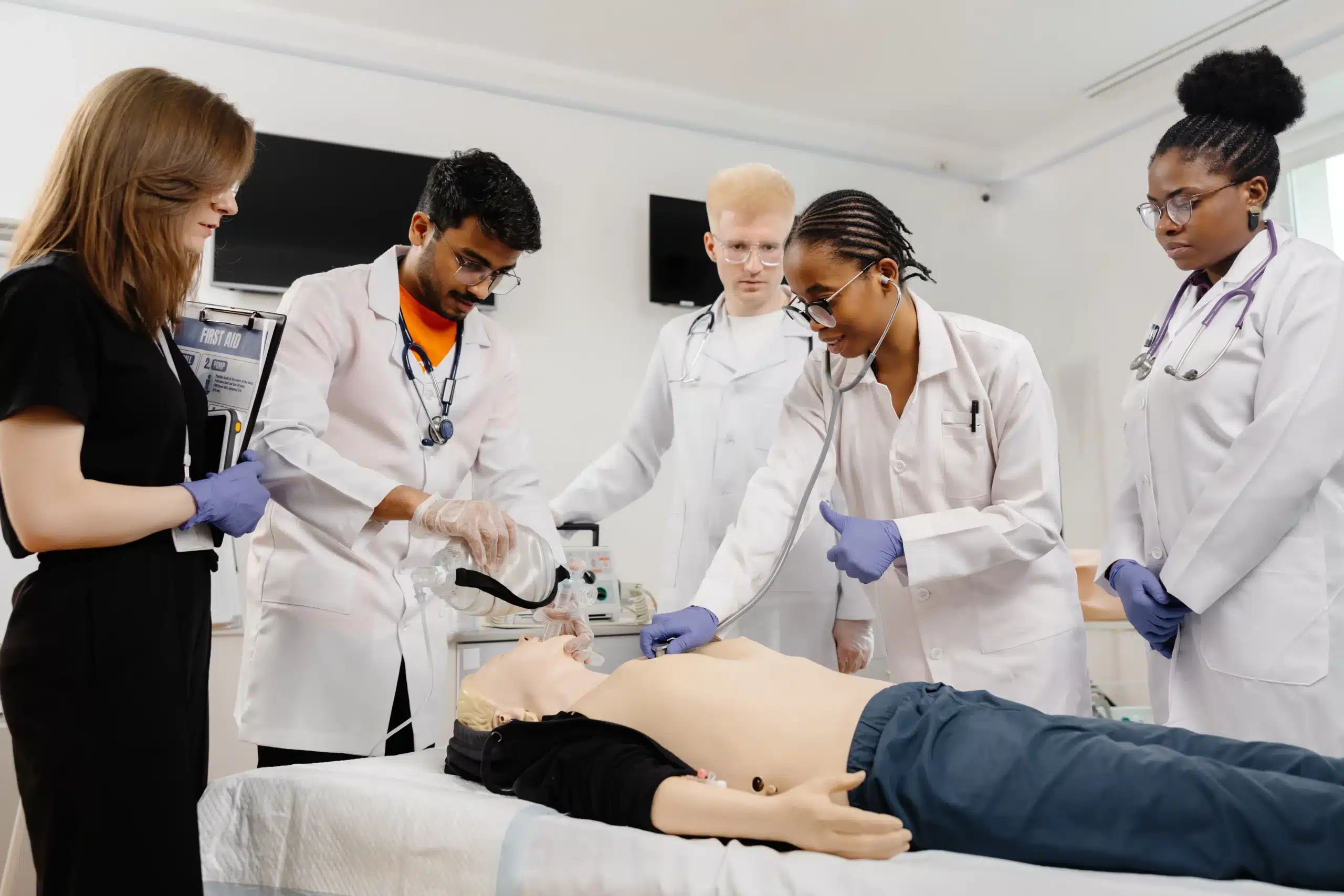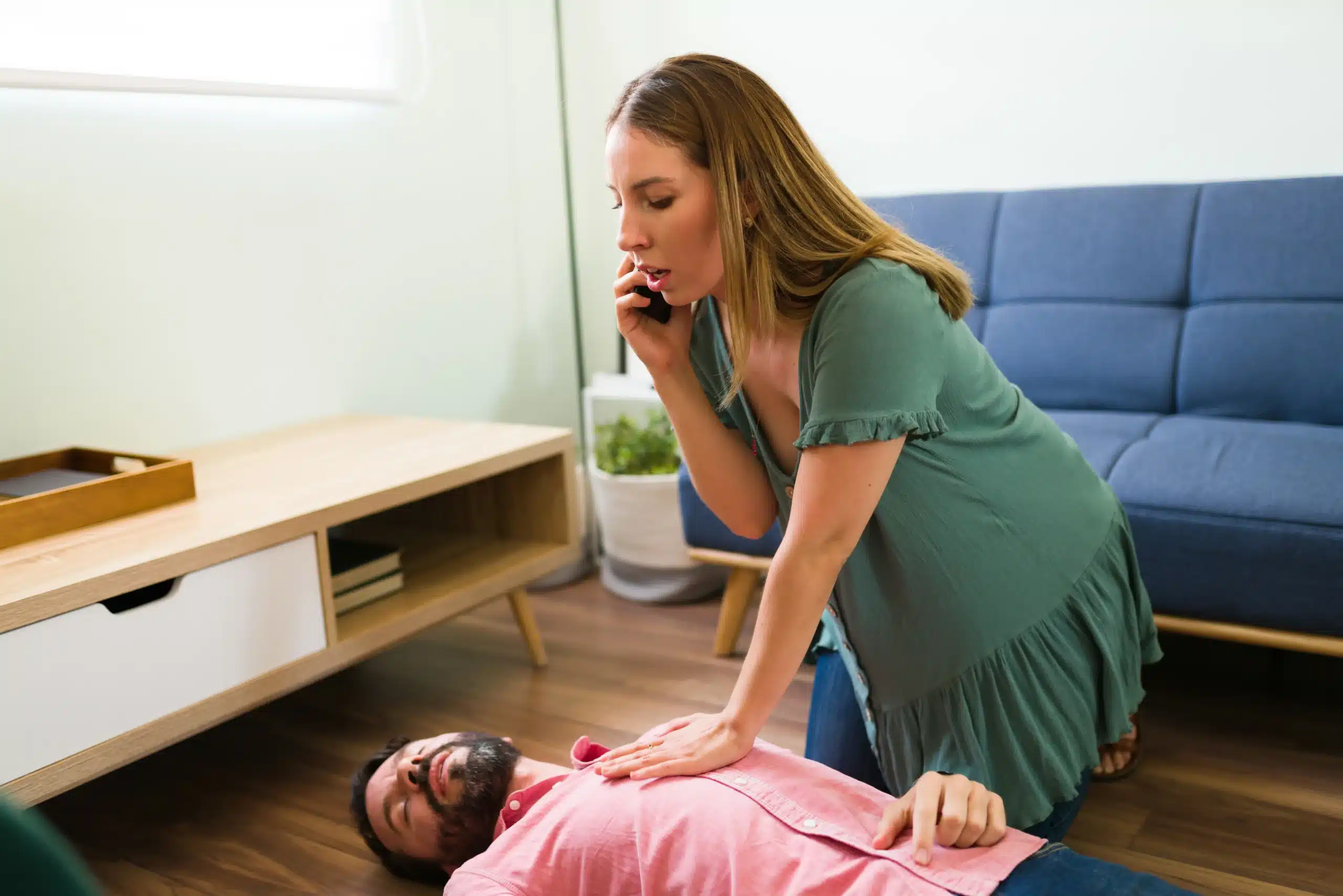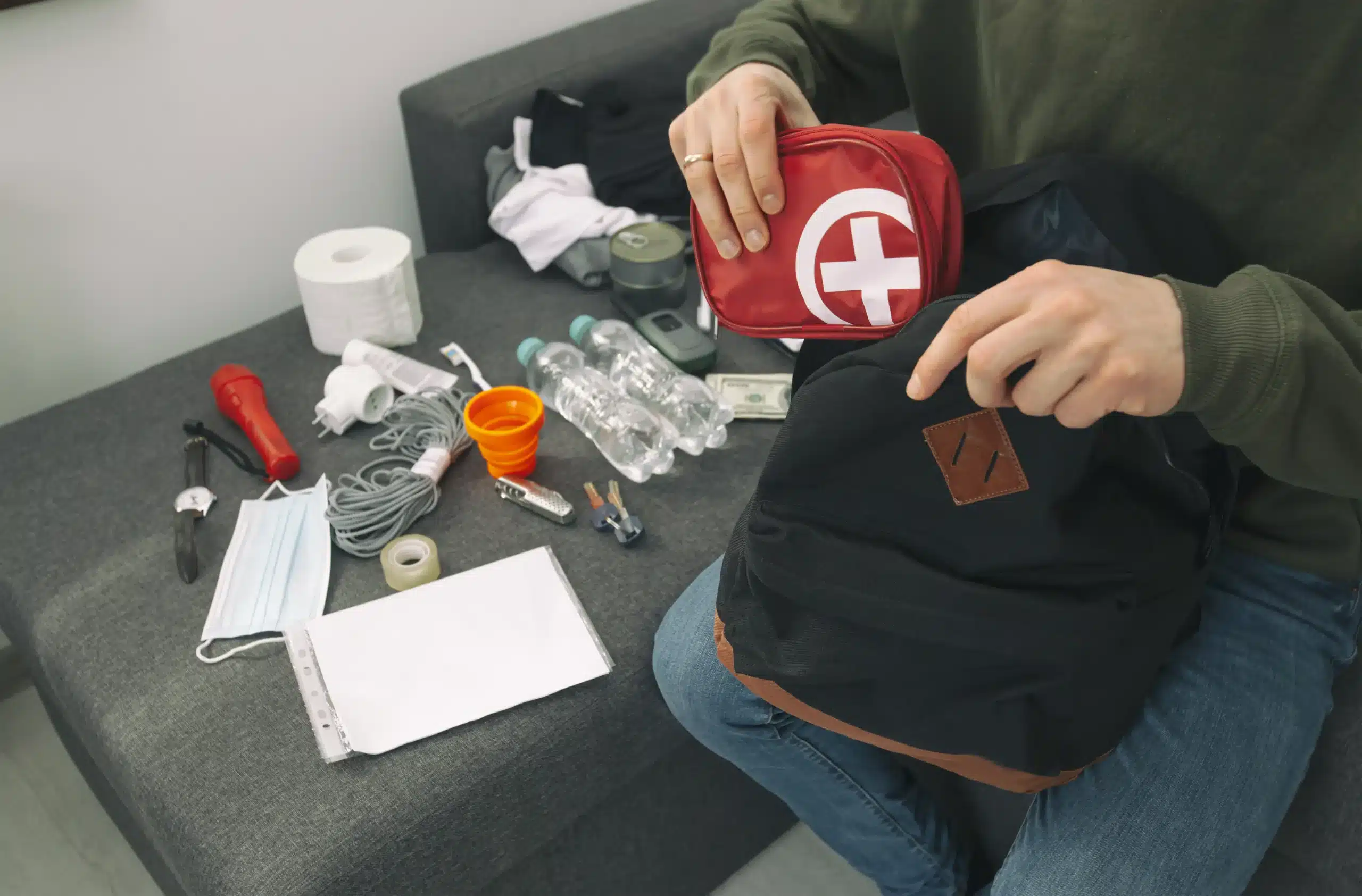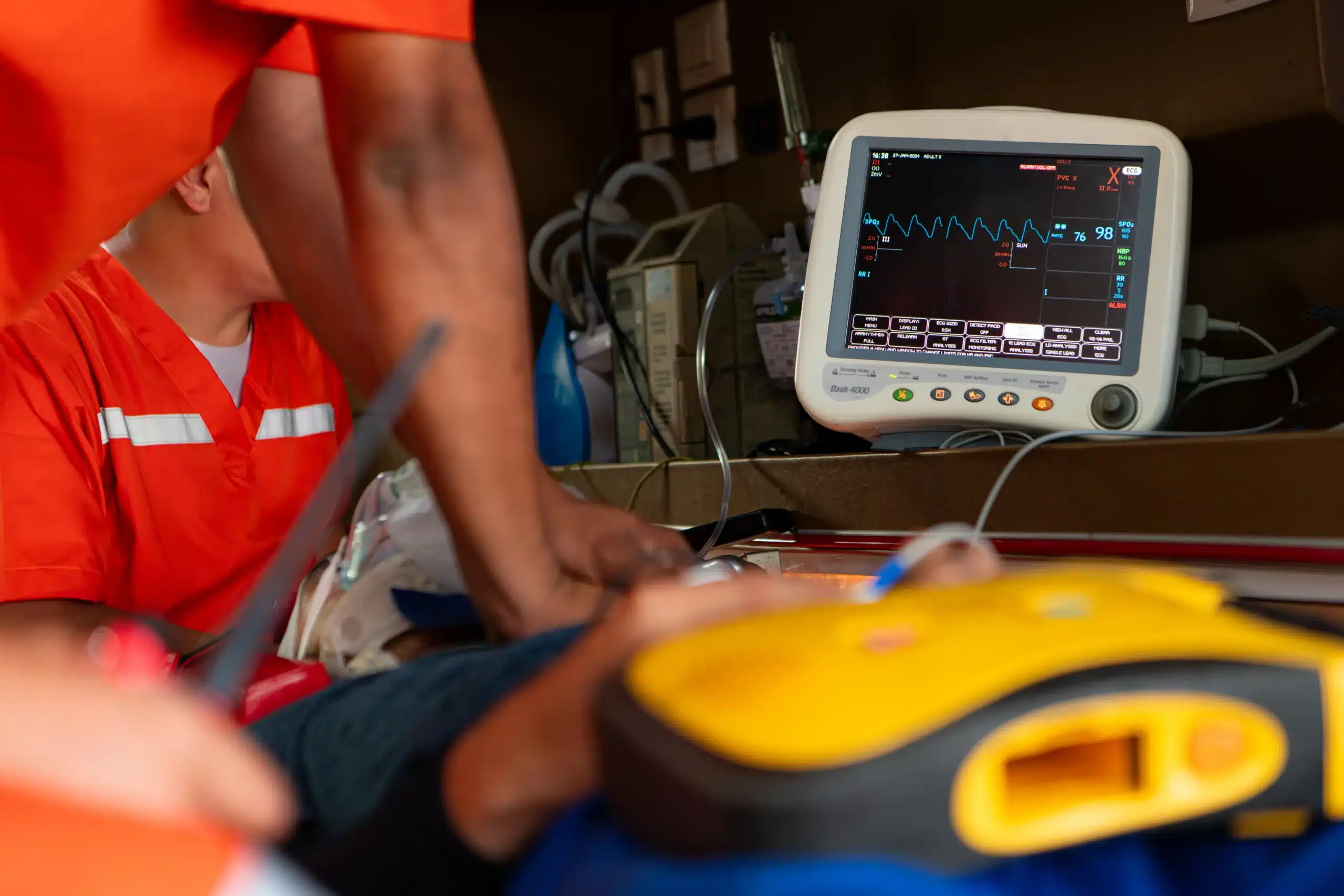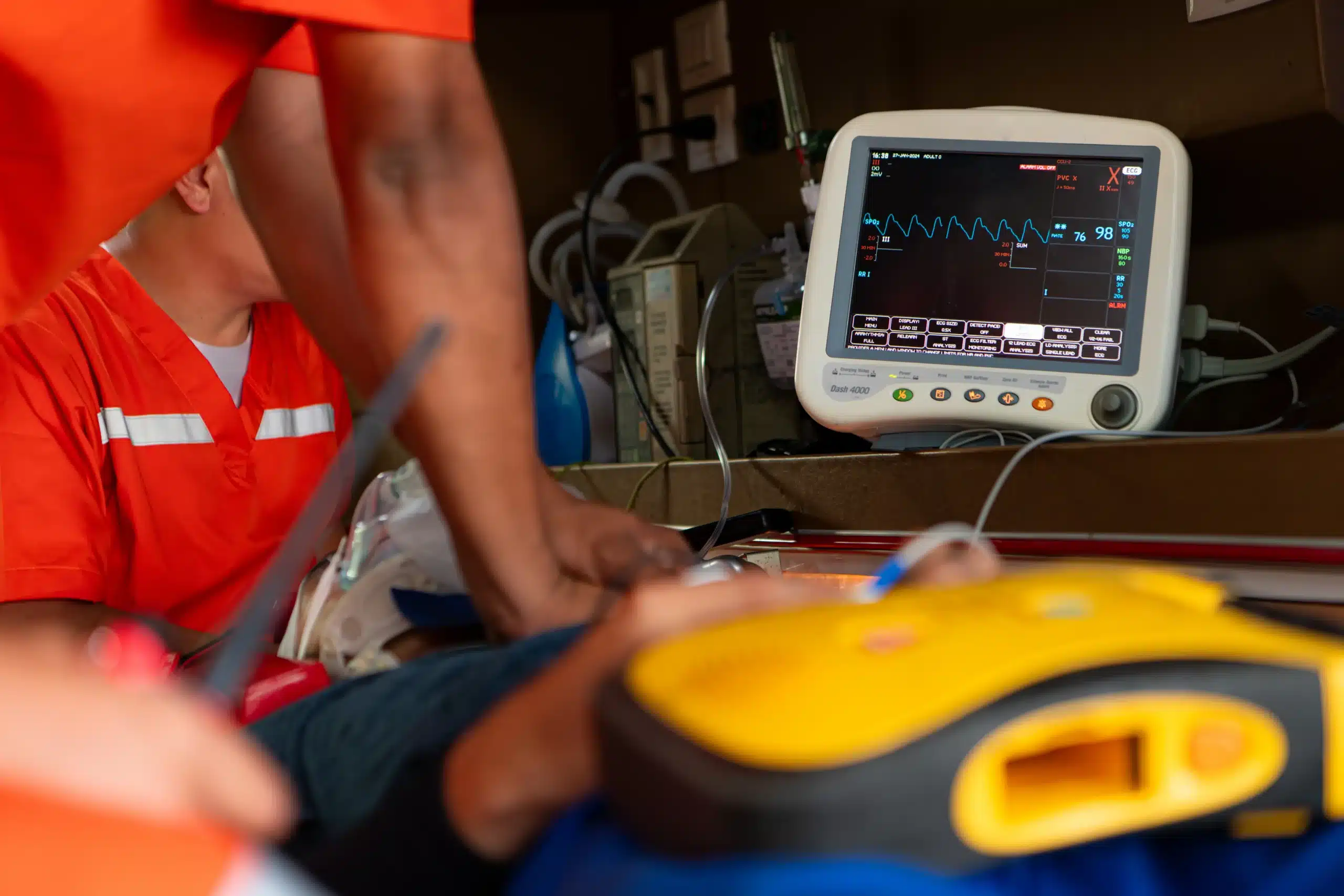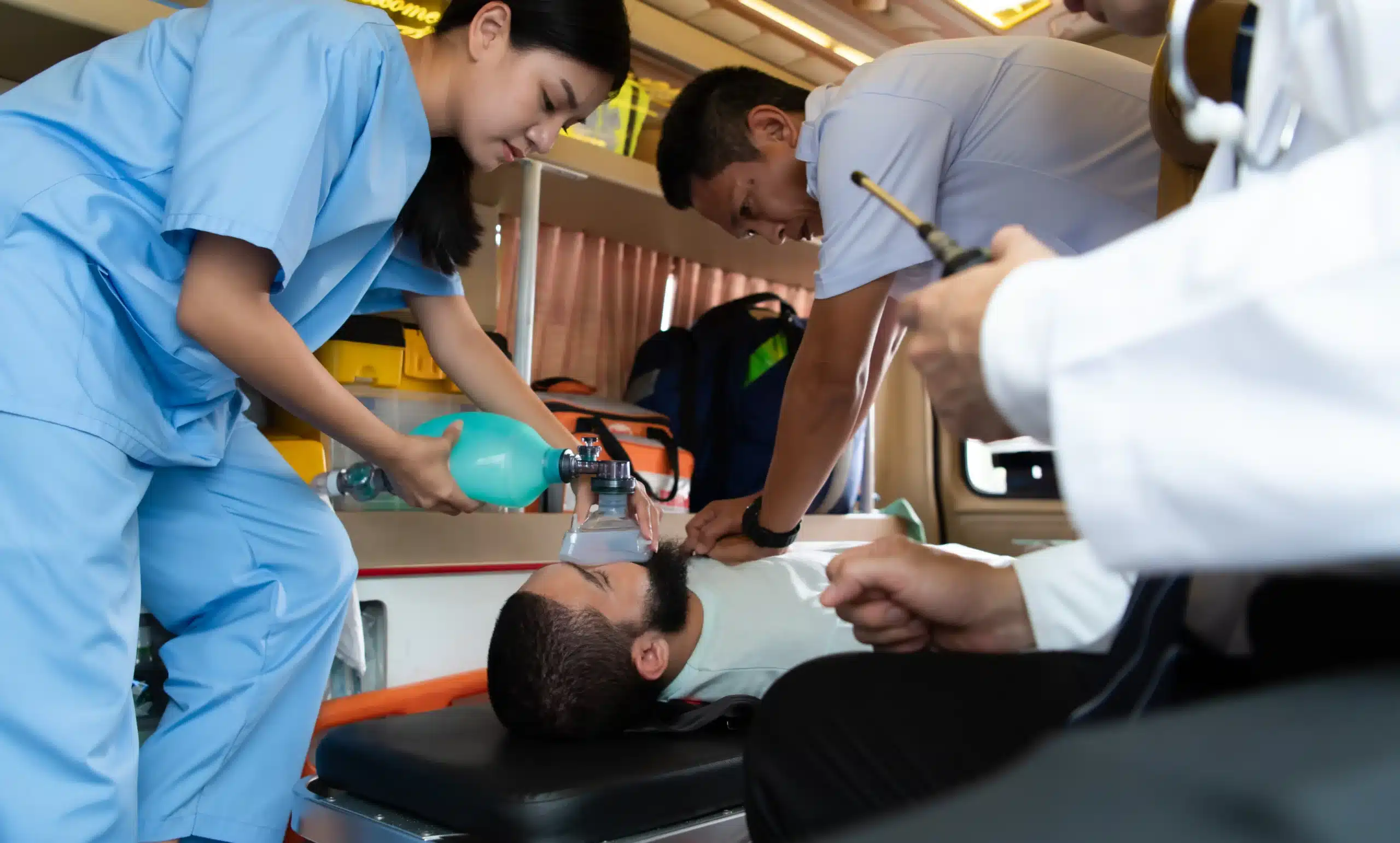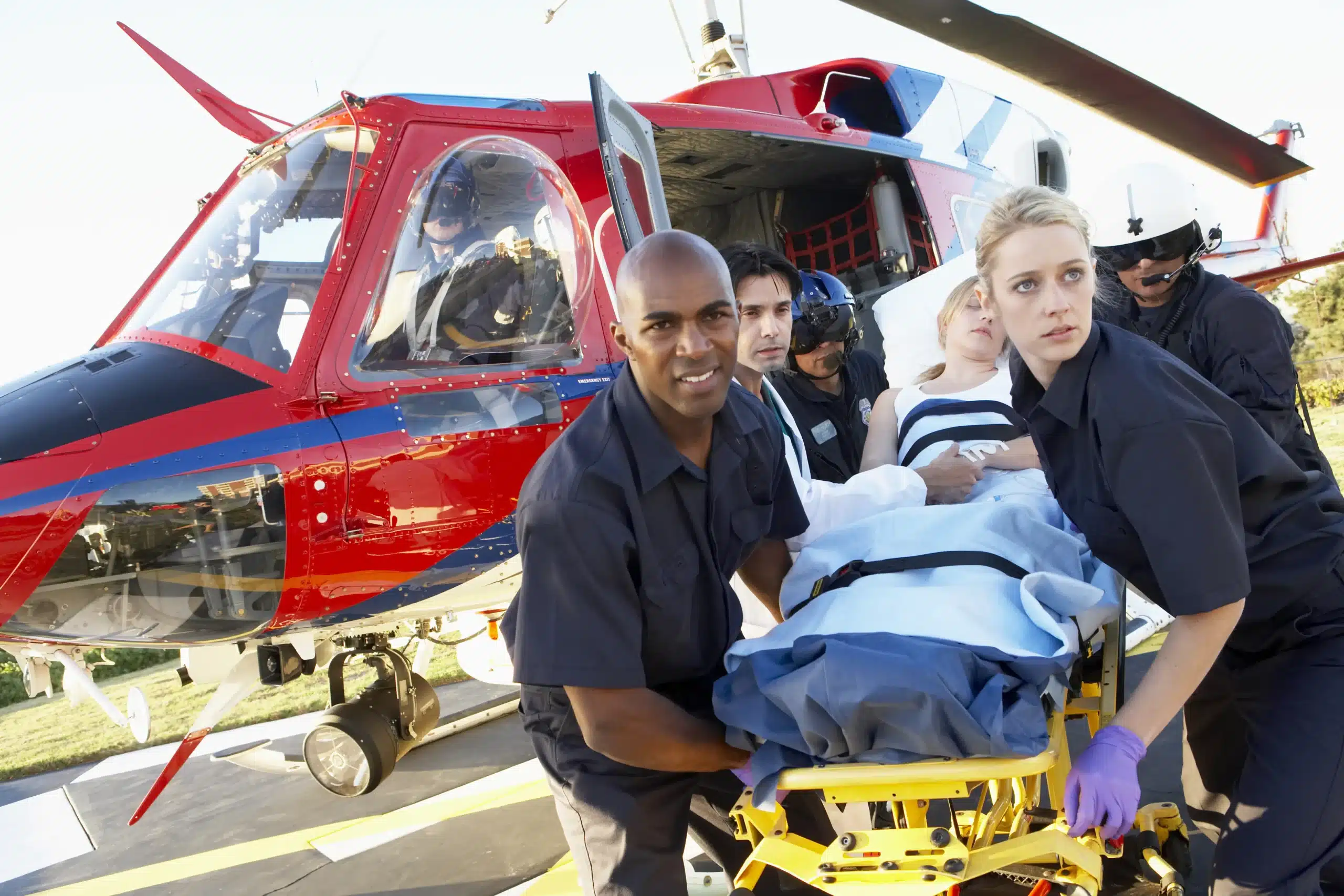As a healthcare provider, you’re on the front lines of life-saving interventions. When a cardiac emergency strikes, your expertise and quick thinking can make all the difference. That’s where Advanced Cardiovascular Life Support (ACLS) comes in. This article explores the ins and outs of ACLS certification, guiding you through the process of finding top-notch ACLS courses in Sacramento, understanding the curriculum, and maintaining your skills long after you’ve earned your certification. We’ll cover everything from course content and costs to the importance of ongoing practice and staying updated with the latest AHA guidelines.
Key Takeaways
- ACLS is a vital skill set for healthcare providers: It empowers you to confidently manage cardiovascular emergencies, leading to better patient outcomes and career advancement.
- Finding the right ACLS course matters: Consider factors like cost, schedule, and the provider’s reputation to ensure a high-quality learning experience. Explore options like Rocklin CPR Classes for convenient and comprehensive training.
- Staying sharp with ACLS requires consistent practice: Regularly apply your skills, engage in simulations, and prioritize clear communication with your team. Renew your certification every two years to maintain your expertise and provide optimal patient care.
What is ACLS? Why is it Important?
What is ACLS?
Advanced Cardiovascular Life Support (ACLS) is a set of advanced life-saving protocols and interventions used by healthcare professionals during medical emergencies. These emergencies primarily involve cardiovascular and respiratory issues, such as cardiac arrest, stroke, and acute coronary syndromes. ACLS goes beyond basic life support (BLS) with more advanced techniques like electrocardiogram (ECG) interpretation, airway management, and drug administration. It emphasizes a systematic approach to patient care, using algorithms and teamwork to quickly assess and treat patients in critical situations. If you’re interested in learning more, explore our ACLS course.
Who Needs ACLS Certification?
ACLS certification is crucial for healthcare providers who are likely to encounter and manage cardiovascular emergencies. This typically includes physicians, nurses, paramedics, respiratory therapists, pharmacists, and other specialized healthcare professionals. Anyone working in an environment where they might need to respond to a life-threatening cardiovascular event should consider ACLS training. It equips them with the knowledge and skills to provide timely and effective interventions, potentially saving lives. Reach out to discuss your training needs.
Benefits of ACLS Certification
Becoming ACLS certified offers several significant benefits. It empowers healthcare professionals to confidently manage life-threatening situations, providing a framework for quick thinking and decisive action under pressure. ACLS certification also enhances a healthcare provider’s resume, demonstrating a commitment to advanced skills and patient care. Regular re-certification ensures that professionals stay up-to-date with the latest guidelines and best practices, further solidifying their expertise. For more information on related certifications, visit our BLS page.
Top ACLS Course Providers in Sacramento
Finding the right ACLS course provider is crucial for a positive learning experience. Here’s a look at some reputable options in the Sacramento area:
Rocklin CPR Classes
Rocklin CPR Classes offers high-quality, AHA-compliant training, providing consistent access to BLS, ACLS, PALS, CPR, and First Aid courses seven days a week. They pride themselves on offering competitive pricing and a low price guarantee. Serving Rocklin, Roseville, and Sacramento, their convenient location and extensive schedule make them a popular choice. You can explore their ACLS course offerings on their website. For those looking for group discounts, Rocklin CPR classes has options available to help make training more affordable. Check out their group discount page for more information.
NorCal Emergency Medical Training
NorCal Emergency Medical Training offers various CPR and first aid classes, including ACLS initial training in Sacramento, Roseville, and Rancho Cordova. This course is designed for individuals with no prior ACLS experience. Those looking to renew their certification can also take advantage of NorCal’s ACLS renewal courses through their American Heart Association Authorized Training Center. This ensures students receive the most up-to-date training. Visit their website for more information on getting started.
No Stress EMS
No Stress EMS provides ACLS courses in Sacramento, catering to both new certifications and recertifications. Their focus is on creating a comfortable learning environment. They offer various other emergency medical service courses as well. Learn more about their ACLS offerings on their website.
American Heart Association Training Centers
While not a specific provider, it’s helpful to search directly for American Heart Association Training Centers in your area. This ensures you’re receiving training from an authorized source. Many hospitals and healthcare organizations offer these courses, and you can often find a list of local training centers on the AHA website.
Safety Training Seminars
Safety Training Seminars offers various American Heart Association courses, including CPR, BLS, ACLS, and PALS, in Rocklin. Their location is convenient for those in nearby areas like Roseville, Loomis, and Auburn. They focus on providing comprehensive training in a supportive environment. You can learn more about their course schedule and pricing by visiting their website.
What to Expect in an ACLS Course
Attending an ACLS course is a rewarding experience. Here’s what you can expect:
Course Formats and Duration
Most ACLS courses are blended learning or in-person. Some providers offer online learning for the cognitive portion, followed by a hands-on skills session. Initial ACLS certification usually takes longer than a renewal course. Expect a full day or longer for initial training, while renewals often take around one workday. Providers like NorCal Emergency Medical Training offer ACLS Initial Training in convenient locations like Sacramento, Roseville, and Rancho Cordova.
Prerequisites and Required Materials
Before your ACLS class, you’ll need to complete a pre-test. Make sure you have your current AHA ACLS Provider Manual, whether it’s a physical copy, a downloaded version, or a borrowed one. Some providers may offer the manual for purchase during the course. Check with your chosen provider, like Rocklin CPR Classes, for their specific requirements.
Course Content Overview
ACLS courses cover the latest American Heart Association Guidelines, currently the 2020 guidelines. Expect to review core concepts like high-quality CPR, recognizing and treating cardiac arrest, stroke, and other cardiovascular emergencies. The course emphasizes team dynamics and effective communication during critical situations.
Hands-on Practice and Interactive Learning
ACLS training is highly interactive. You’ll participate in simulated scenarios and hands-on practice to build muscle memory and confidence. This approach helps you develop the skills to react effectively under pressure. Expect to work with other students, practicing essential skills like airway management, rhythm recognition, and medication administration.
Certification Process and Validity
Your ACLS provider will assess your performance throughout the course, including your participation in simulations and written exams. Upon successful completion, you’ll receive your ACLS certification card, which is typically valid for two years. This certification is valuable for healthcare professionals, including physicians, nurses, and paramedics. Remember to renew your certification before it expires to maintain your skills and credentials.
Cost of ACLS Certification
So, you’re ready to invest in your advanced cardiac life support skills—fantastic! Naturally, you’re probably wondering about the cost. Let’s break down the expenses associated with ACLS certification in Sacramento.
Typical Price Range
In Sacramento, ACLS certification courses typically cost between $100 and $120. For example, No Stress EMS offers a full ACLS course for $100 if you pay with cash or $120 via Venmo. They also provide skills-only sessions for $100. Getting a clear understanding of the total cost upfront helps you budget effectively.
Additional Fees and Materials
Beyond the course fee, factor in the cost of the required AHA provider manual. You can usually download, purchase, or sometimes even borrow this manual. Most courses also require a pre-test, so consider the time and any potential costs associated with accessing and completing the pre-test materials.
Group Discounts and Payment Options
If you’re training with colleagues or friends, ask about group discounts. Many providers offer reduced rates for group registrations. It’s also wise to check each provider’s payment options and their policies on course transfers. For instance, No Stress EMS has a free course transfer policy if you give them at least 48 hours’ notice, but they don’t offer refunds. Understanding these policies can save you money and hassle.
Comparing Provider Reputations
When comparing providers, don’t just focus on the price. Consider their reputation and the specific courses they offer. For example, NorCal Emergency Medical Training offers an ACLS Initial Training class designed for those with no prior ACLS experience. NorCal CPR Training provides both initial and renewal ACLS courses and highlights its status as an American Heart Association Authorized Training Center. Choosing a reputable provider ensures you receive high-quality training. Think of it as an investment in your career and your confidence in emergency situations.
Maintain Your ACLS Skills
Once you’ve earned your ACLS certification, the work doesn’t stop there. Maintaining your skills is crucial for providing effective care in real-world emergencies. Here’s how to stay sharp:
Apply ACLS in Real-Life Situations
The best way to solidify your ACLS knowledge is to use it. For healthcare professionals working in emergency settings, regularly applying these skills is a given. ACLS training helps assess, treat, and track patients in life-threatening situations. It’s a vital skill set for physicians, nurses, paramedics, respiratory therapists, and pharmacists. If you don’t frequently encounter these scenarios, consider volunteering in settings where you can refresh your skills under supervision. Consider shadowing experienced professionals or participating in advanced training programs to further refine your expertise.
Regular Simulation Training
Even with practical experience, regular simulation training is essential. These sessions offer a safe environment to practice complex procedures and decision-making skills without the pressure of a real emergency. ACLS training equips medical professionals with the knowledge and tools to handle life-threatening situations effectively. Look for opportunities to participate in mock codes or simulation labs at your workplace or through continuing education programs like those offered by Rocklin CPR Classes. This hands-on practice will build your confidence and improve your response time in critical situations.
Communicate Effectively in Emergencies
Clear communication is paramount in high-pressure situations. ACLS training emphasizes teamwork and communication, allowing medical professionals to practice scenarios and learn how to prioritize interventions, assign tasks, and communicate effectively with team members. Regularly practicing these communication skills during simulations will improve your ability to coordinate care seamlessly during real emergencies. Consider using standardized communication tools and techniques to minimize misunderstandings and ensure everyone is on the same page.
Debrief and Improve
After any real or simulated emergency, take time to debrief with your team. Discuss what went well, what could be improved, and any new knowledge or techniques to incorporate into your practice. This reflective practice is key to ongoing growth and improvement. A culture of continuous learning is essential in healthcare, especially in the dynamic field of Advanced Cardiovascular Life Support. Regular debriefings can identify areas for individual and team development, leading to better patient outcomes.
Renew Your Certification
ACLS certifications typically expire every two years. Staying current with the latest guidelines and best practices is crucial for providing the highest quality of care. Consistent re-certification, along with ongoing education, ensures medical professionals are prepared to manage the complexities of modern healthcare and deliver optimal patient care. Plan ahead and schedule your ACLS renewal course with a reputable provider like Rocklin CPR Classes to maintain your credentials and stay at the top of your game. This commitment to lifelong learning demonstrates your dedication to providing the best possible care for your patients.
Related Articles
- ACLS Certification in Roseville: Your Complete Guide – Rocklin CPR Classes
- HeartCode ACLS Rocklin: Your Complete Guide – Rocklin CPR Classes
- ACLS Courses in Rocklin: The Complete Guide – Rocklin CPR Classes
- Your Guide to ACLS HeartCode in Sacramento – Rocklin CPR Classes
- ACLS Certification Course in Rocklin, CA – Affordable Daily Classes
Frequently Asked Questions
How do I choose the right ACLS course provider? Look for providers offering American Heart Association-compliant courses. Consider factors like location, schedule flexibility, class size, instructor experience, and overall course reputation. Reading reviews and comparing pricing can also help you make an informed decision. Don’t hesitate to contact providers directly to discuss your specific needs and ask any questions you may have.
What if I don’t use my ACLS skills regularly? How can I stay proficient? Even if you don’t frequently use ACLS in your work, regular practice is key to maintaining proficiency. Consider volunteering in settings where you can refresh your skills under supervision, or explore advanced training programs to further refine your expertise. Participating in mock codes and simulations is a great way to stay sharp and build confidence.
What’s the difference between BLS and ACLS? BLS focuses on immediate life-saving techniques for basic life support, such as CPR and using an AED. ACLS builds upon BLS, encompassing more advanced interventions like ECG interpretation, airway management, and drug administration for complex cardiovascular emergencies. Healthcare providers in critical care settings typically require ACLS certification.
How can I prepare for my ACLS course? Familiarize yourself with the latest American Heart Association guidelines for ACLS. Make sure you have access to the current ACLS Provider Manual and complete any required pre-tests before the course begins. A solid foundation in basic life support (BLS) is also helpful. Getting a good night’s sleep before the course can improve your focus and retention during training.
What does the ACLS renewal process involve? ACLS certification is typically valid for two years. Renewal usually involves completing a shorter refresher course that covers the latest updates and guidelines. Some providers offer blended learning options, allowing you to complete part of the renewal online before attending a hands-on skills session. Check with your chosen provider for their specific renewal requirements.
